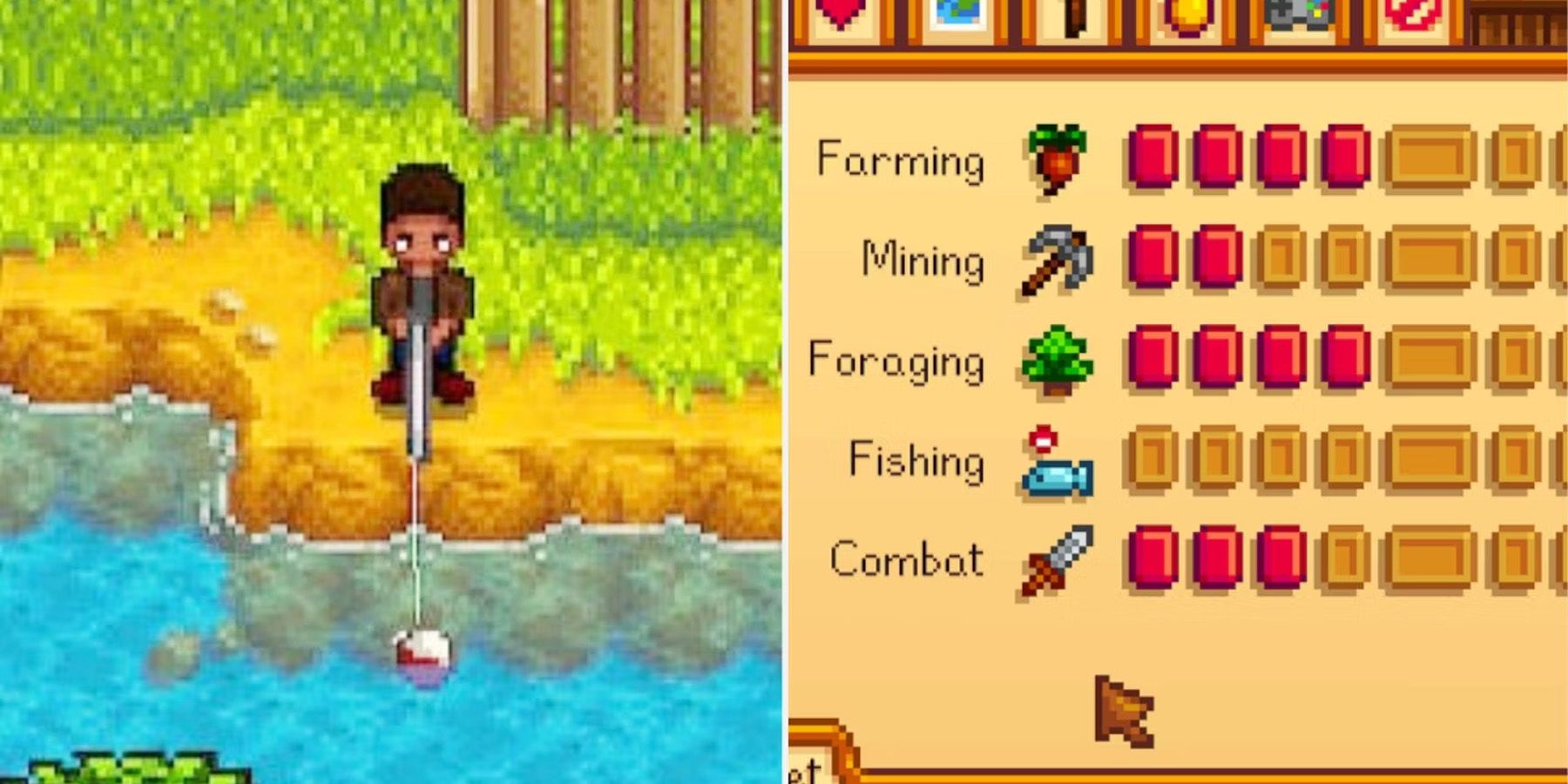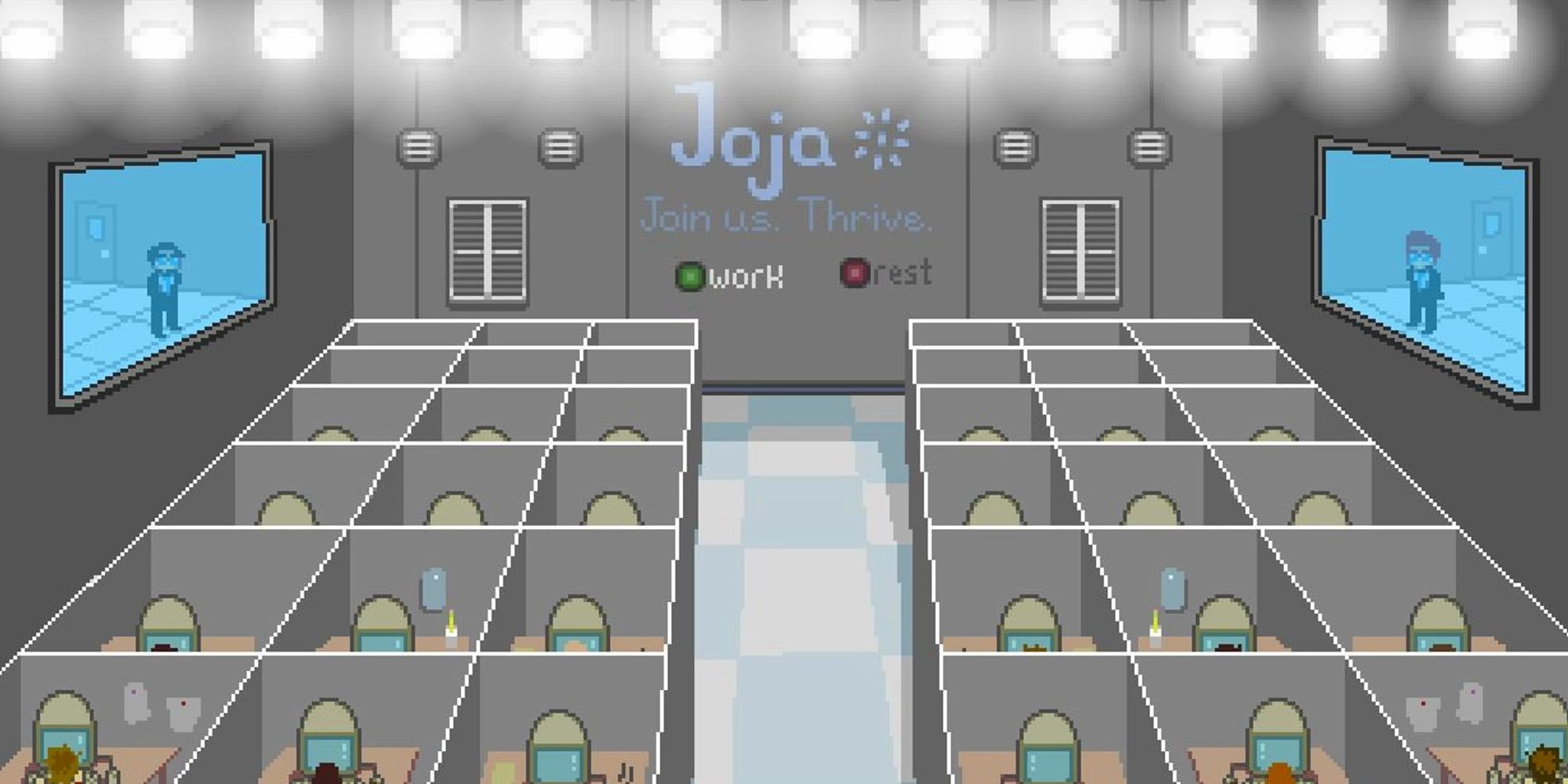Stardew Valley is a farming and life simulation game made by Eric Barone. It’s available on PC, consoles, and mobile. The game is popular among casual gamers and fans of life sims, especially those looking for a relaxing and inclusive experience. To play like a feminist, as Shira Chess writes in Play Like a Feminist, means using games as tools for empowerment, disruption, and imagining new possibilities. Stardew Valley is a useful game for thinking about feminist play and what it means to play in ways that support equality, challenge norms, and create space for all kinds of players.
From the start, Stardew Valley offers choices that support inclusion. You can pick your gender, appearance, and choose any marriage partner, regardless of gender. These choices, built into the character creation mechanics, support dynamics of freedom and acceptance. The aesthetic is one of comfort. Players can be who they want and build the life they choose.
But representation isn’t perfect. Most characters are still coded as white and able-bodied, and the game doesn’t explore other intersectional identities in meaningful ways. While the mechanics allow some flexibility, they don’t go far enough in showing a truly diverse world. Representation matters because it shapes who feels welcome and whose stories can be told. To make the game more feminist, it could include more diverse characters with deeper backstories, including race, disability, and class. It could give players ways to form different kinds of families, not just marriage or kids, and introduce systems that challenge the idea of owning and controlling land for profit. Mechanics could reward cooperation over productivity, letting players farm collectively or slow down without losing progress.

The way work and play are structured in Stardew Valley also brings up key feminist questions. The game’s primary tasks of farming, mining, fishing, and socializing all blend labor and leisure (Figure 1). The game allows you to spend your day as you choose, which gives players a strong sense of agency. But it still reflects real-world values about productivity. To succeed, you must earn money, upgrade tools, and grow your farm. These mechanics reinforce capitalist dynamics where players must make the most of their time in the day to maximize their profits. While players can avoid these sorts of profit-maximizing strategies, the game doesn’t make that easy or appealing.
Chess argues that leisure is a feminist issue. Women, in particular, have historically had less access to rest and play. Stardew Valley’s aesthetic of peace and routine can be healing. But at the same time, the pressure to optimize your time each day mirrors gendered ideas of care and overwork. You’re rewarded for doing everything, helping everyone, and improving your farm constantly. This design may unintentionally reinforce traditional roles, especially if care work, such as cooking or gifting, is seen as “side content” rather than core gameplay (Figure 2).

The game does support community building. Helping villagers, attending festivals, and restoring the Community Center all encourage connection (Figure 4). These are core mechanics that lead to dynamics of generosity and care. However, even these features can fall short. The game rarely challenges the underlying system of profit, land ownership, or the role of the player as a lone fixer.

Still, Stardew Valley offers small moments of radical play. You can avoid the Joja Corporation, reject certain social expectations, and choose slower, more communal paths (Figure 3). These player choices show how games can be “agentic training tools,” helping us imagine other ways of living and relating to others.
Compared to other life sims, Stardew Valley makes big strides. Harvest Moon limits relationships and rarely questions gender roles. Animal Crossing allows creative freedom but avoids conflict and deeper social issues. Stardew Valley lands somewhere in between. It’s cozy but still structured by capitalist systems and narrow ideas of progress.
From an ethics perspective, the game both supports and challenges gender norms. It allows queer relationships and player agency but doesn’t fully explore the systems behind inequality. For me, playing the game through a feminist lens made me more aware of how even peaceful games can reflect real-world values about work, gender, and community. I found myself questioning why I felt guilty for not doing “enough” in a day, and what it means to rest in a game that quietly pushes you to keep moving.
In conclusion, playing Stardew Valley as a feminist means looking beyond character choices. It means asking how the game’s mechanics and systems reflect larger cultural values, and where they might be improved. Games can be more than escapes. They can be tools for thinking, reflecting, and building better futures. Stardew Valley offers a glimpse of that future, even if it doesn’t get everything right.


